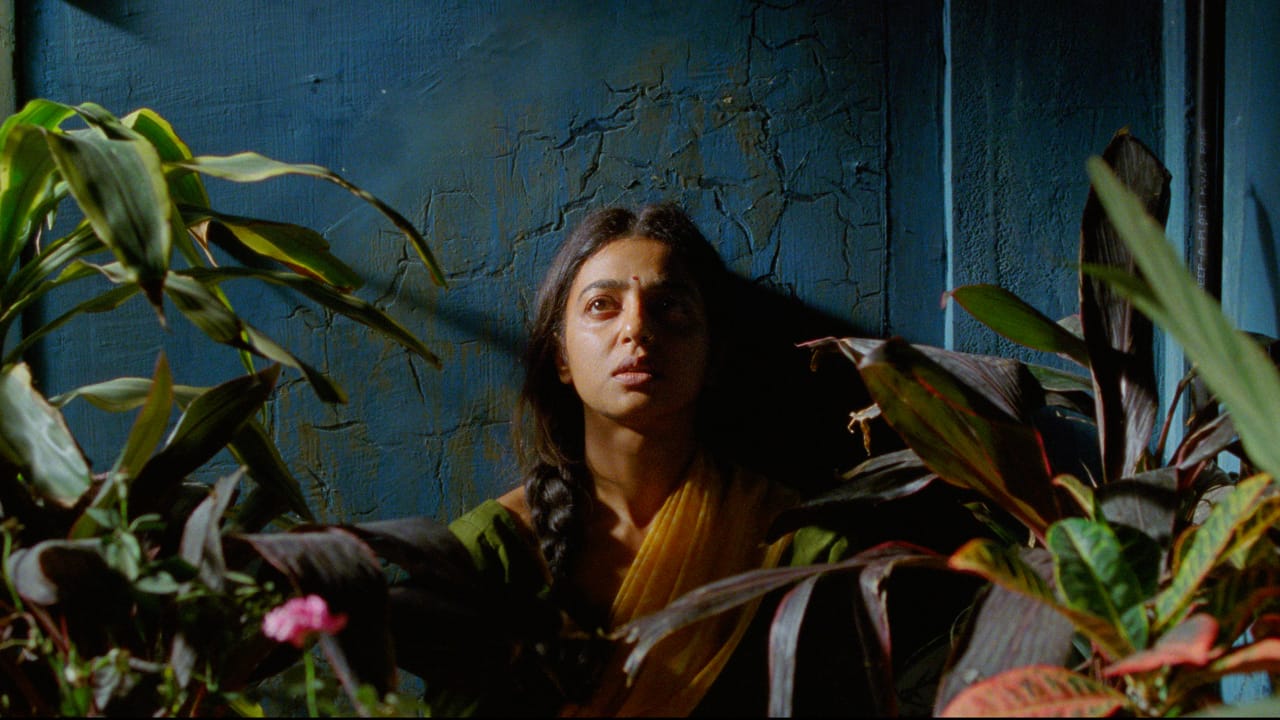Dil Dhadakne Do (2015)
Cast: Anil Kapoor, Shefali Shetty, Priyanka Chopra and Ranveer Singh
Director: Zoya Akhtar
Synposis: The multi-starrer Dil Dhadakne Do is the story of a dysfunctional, neurotic, co-dependent, chaotic, crazy Indian family – so basically, almost every Indian family.
Review: The center-stage is occupied by the standard nuclear family – husband, wife, daughter and son – played respectively, by Anil Kapoor, Shefali Shetty, Priyanka Chopra and Ranveer Singh. Shefali Shah, as the millionaire’s wife, Neelam Mehra, is a treat to watch, as always. Anil Kapoor as the self-made businessman (Kamal Mehra) and Priyanka Chopra as his self-made businesswoman daughter (Ayesha Mehra) essay their Punjabi characters with great finesse without ever going overboard – a rather likely risk one runs when essaying Punjabi characters. And Ranveer Singh as the happy-go-lucky son (Kabir Mehra) is a revelation with his comic timing.
The film also casts Farhan Akhtar, Anushka Sharma and Rahul Bose as the love interests. The director, Zoya Akhtar, deserves extra credits for letting the family remain the hero of the movie, without ever letting the love stories take over the narrative, Bollywood’s usual Achilles Heel.
The character of Ayesha Mehra, in particular, strikes a chord as she faces the fate of most strong, successful married women in India – a mother-in-law’s jibes about her outrageous independence, a husband who sees her career as little more than a hobby to be benignly entertained and “allowed” until she serves her actual purpose of bearing him children, and parents who think of her as the exported commodity, now the belonging of another family.
When Ayesha contemplates a divorce, family meetings are held in which she is questioned and counseled by her parents and in-laws. Something that comes through rather strongly during these counseling sessions is how everyone in the room sees the divorce as something she is doing to them. “How can you do this to us?” is literally the overwhelming emotion in the room. Without laying it on too thick, these reactions portray the plight of the average Indian woman seeking freedom from an unhappy marriage. Even when the woman in question, like Ayesha, is strong and financially independent, the threat of not supporting her financially comes easily to her family – when the only support she needs from them is actually emotional.
The issue of succession is also highlighted through the characters of Kabir and Ayesha, the assumption in Indian families of course being that the son is the only true heir to the family assets and responsibilities. This not only alienates the daughter, but also puts undue pressure on the son – a fact beautifully depicted through Kabir and Ayesha’s bittersweet relationship with their parents and with each other.
The infidelity of the husband is juxtaposed against the helplessness of his high-society elite wife in the face of it, delicately underlining that she is no more independent than an uneducated housewife who derives her identity from her husband’s surname.
The masterstroke of the filmmakers is that despite being a subtle commentary on such a plethora of social issues, the film is actually a light-hearted entertainer. The issues are resolved rather quickly (and, I daresay, unrealistically), but that would be a critical component of a movie that nudges the audience to think, but also lets them go home happy and entertained.
The narrator of the movie is the family dog, voiced masterfully by Aamir Khan – a fact I did not realize till the credits rolled over. What better compliment can there be for an artist of that fame! The voiceover script admittedly feels infantilizing at times, when it feeds us ” moral of the story” kind of lessons. More often than not though, the monologues strike gold by raising thought provoking questions about the values underlying the fabric of our happy Indian families, seen from a dog’s eye view.
All in all, one of those rare films that manage to strike the right balance between messaging and entertainment. Do go watch it in a theatre, the filmmakers deserve it. And try to take your parents along.
Featured Image Credit: A still from Dil Dhadakne Do/ Masala.com


